On January 26, 1915, Rocky Mountain National Park was established. Rocky Mountain encompasses 415 square miles of spectacular mountain environments that is just a short drive from Denver, Colorado. One of the U.S.’s most visited national parks, Rocky Mountain hosted more than 4.5 million people in 2016 for world-class recreation opportunities from hiking, biking and fishing to horseback riding, camping and mountaineering.
As we celebrate more than a century of Rocky Mountain National Park, check out 7 facts about this amazing park.
1. Rocky Mountain is one of the nation’s highest national parks. With elevations from 7,860 feet to 14,259 feet, Rocky Mountain makes you feel like you are on top of the world. Within the park’s boundaries are 77 mountain peaks over 12,000 feet high and the Continental Divide. The park’s Alpine Visitor Center also sits at the highest elevation of all National Park Service sites. With towering landscapes that take visitors to new heights, it’s no surprise that Rocky Mountain is world-renowned for its gorgeous scenery.
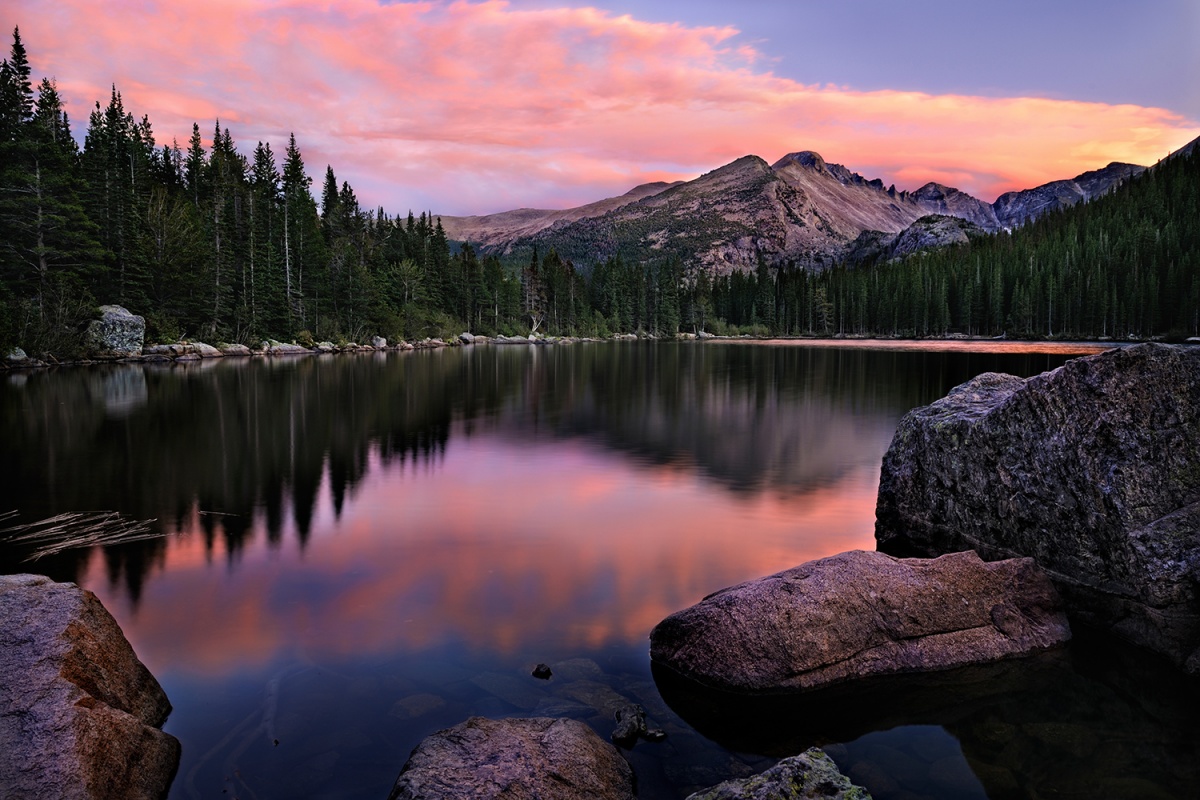
2. Rocky Mountain offers more than rugged mountains. Here, you’ll see an amazing range of landscapes in a short distance. A maze of evergreen trees covers the mountainsides in subalpine areas. Hidden among the trees are crystal-clear lakes and fields of wildflowers that may surprise you. Approximately one-third of this national park is above the limit where trees grow in northern Colorado (around 11,500 feet above sea level), creating the alpine tundra ecosystem. The Montane ecosystem has the richest diversity of plant and animal life. Meandering rivers and open meadows are surrounded by hilly slopes.
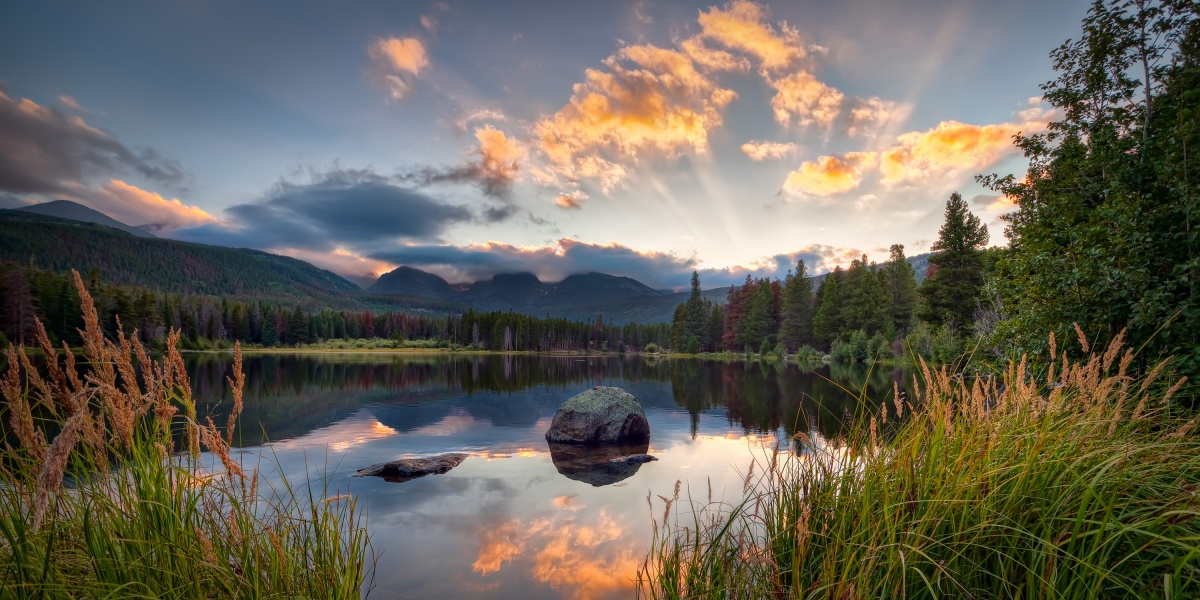
3. The park’s Trail Ridge Road inspired awe even before the first motorist traveled it. Completed in 1932, Trail Ridge Road took visitors to new heights and was called a “scenic wonder road of the world.” Cresting just over 12,000 feet, it is the highest continuous paved highway in the nation — it is so high that drivers will climb 4,000 feet in a matter of minutes! Covering 48 miles between Estes Park on the park’s east side and Grand Lake on the west, it is still a major attraction for park visitors today.
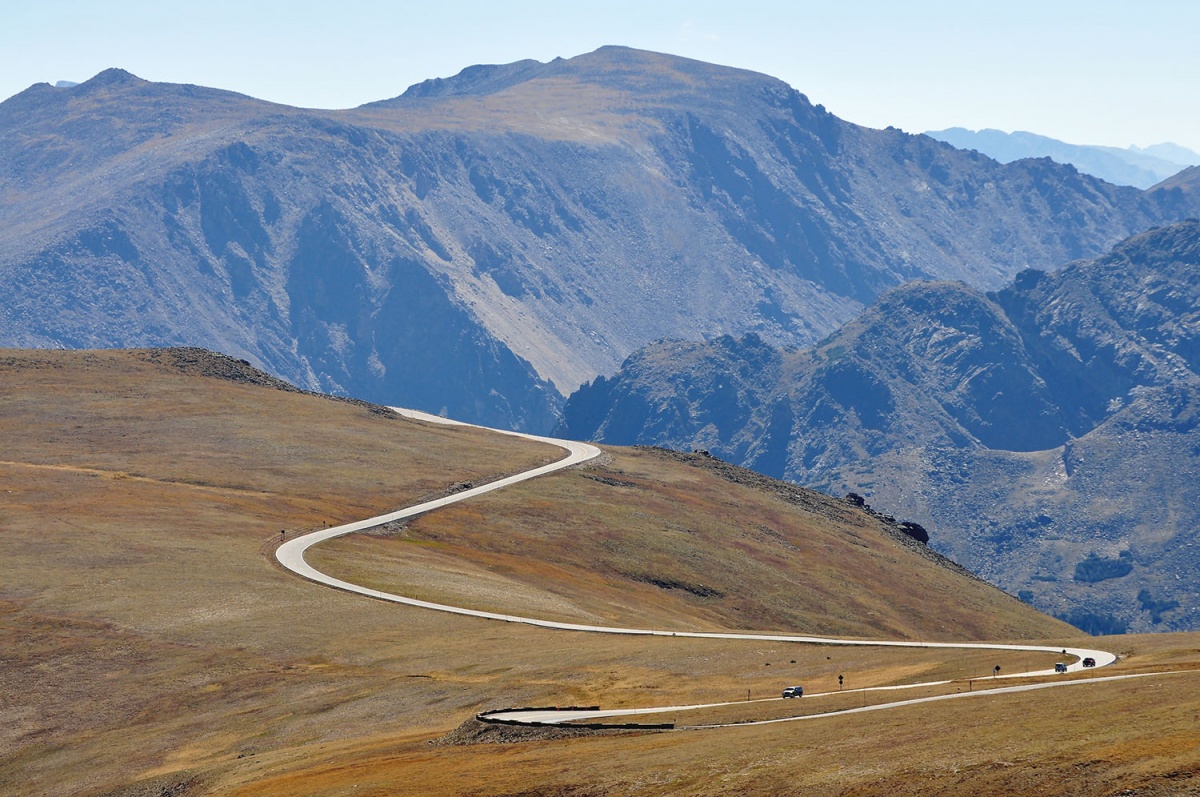
4. Most of the park is designated as wilderness. Nearly 250,000 acres of Rocky Mountain was designated as wilderness by Congress in 2009, protecting the wild beauty of the park’s meadows, forests, alpine peaks and tundra. Learn about Leave No Trace principles before exploring the park’s wilderness areas.
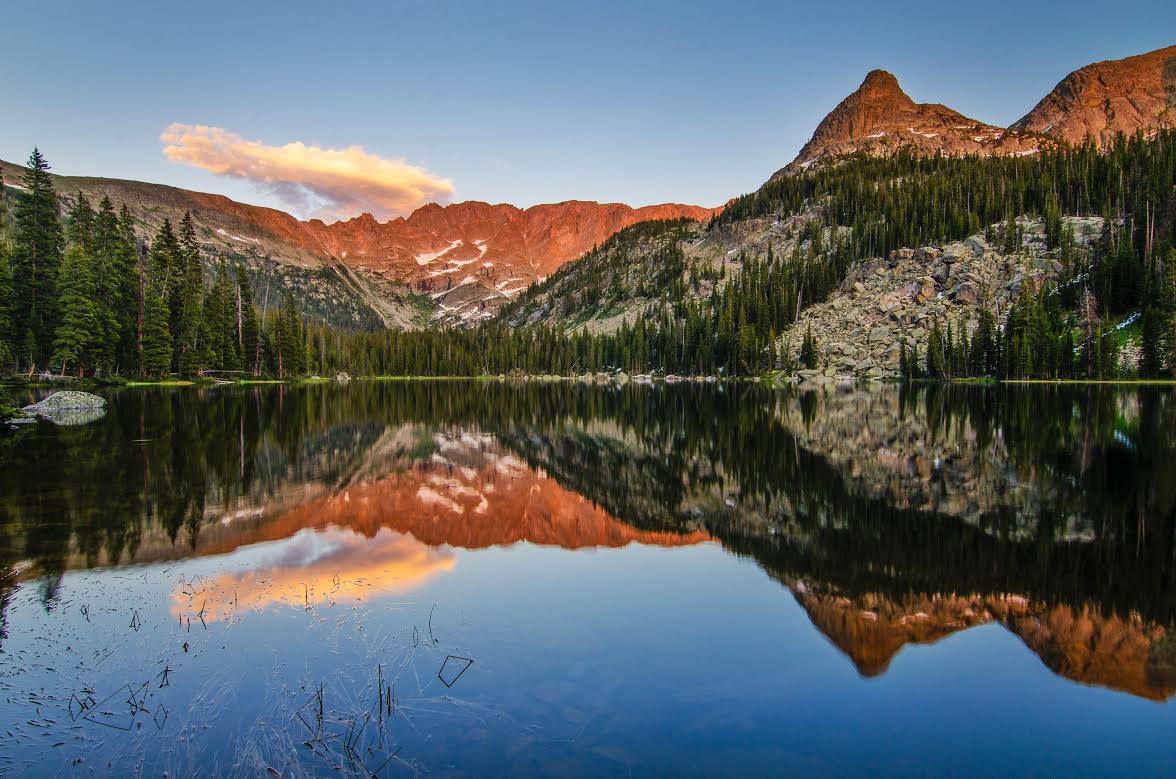
5. Rocky Mountain has an extensive museum collection. Rocky Mountain’s museum collection preserves artifacts and specimens that tell the story of the park — from household items that were part of historic homes in the park and historic photos to watercolors and oil paintings of the park’s scenery. In total, the collection includes 33,465 cultural objects, 294 works of art, 10,495 biological specimens and 455 geological specimens. Be sure to stop by the park’s visitor centers to see some of these museum items on exhibit.
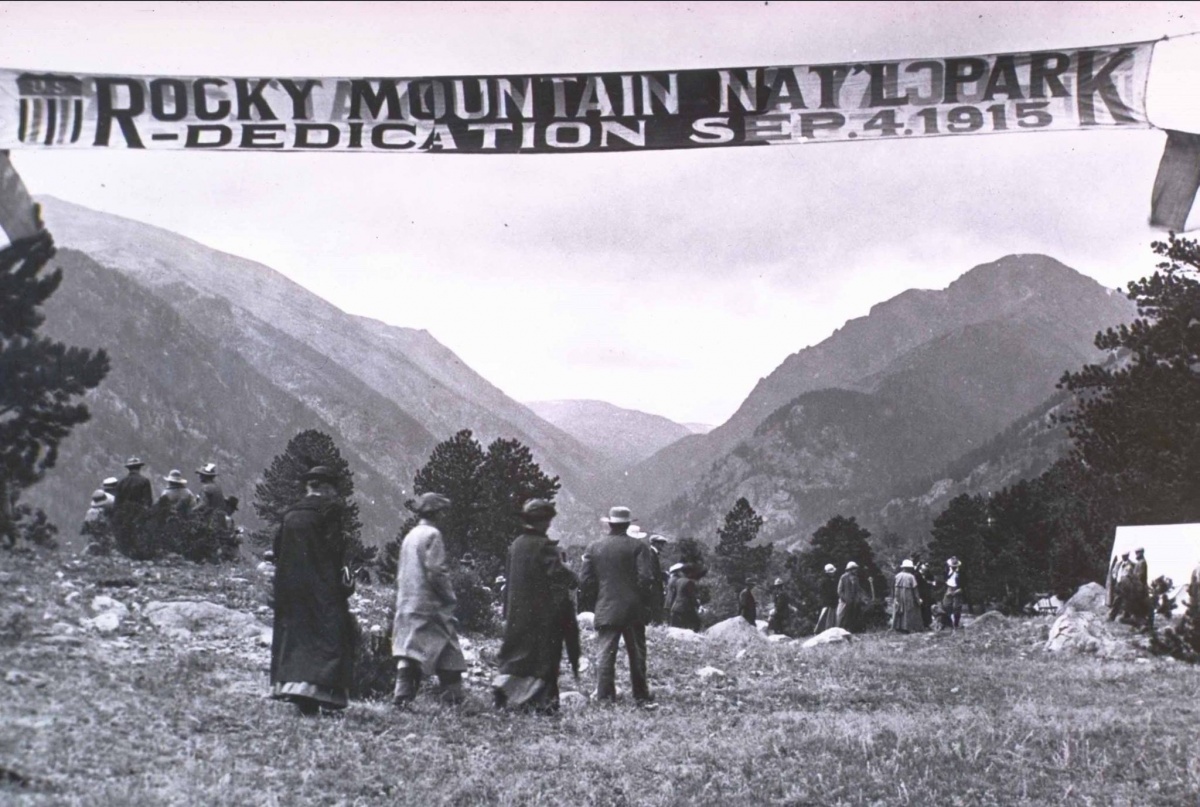
6. Rocky Mountain is one of country’s top wildlife watching destinations. The park is home to more than 60 species of mammals, including elk, bighorn sheep and moose. Besides the charismatic megafauna, the park has more than 280 recorded bird species, six amphibians, one reptile (the harmless garter snake), 11 species of fish and countless insects, including a surprisingly large number of butterflies. If wildlife viewing isn’t your thing, check out some of the other things to do at Rocky Mountain National Park.
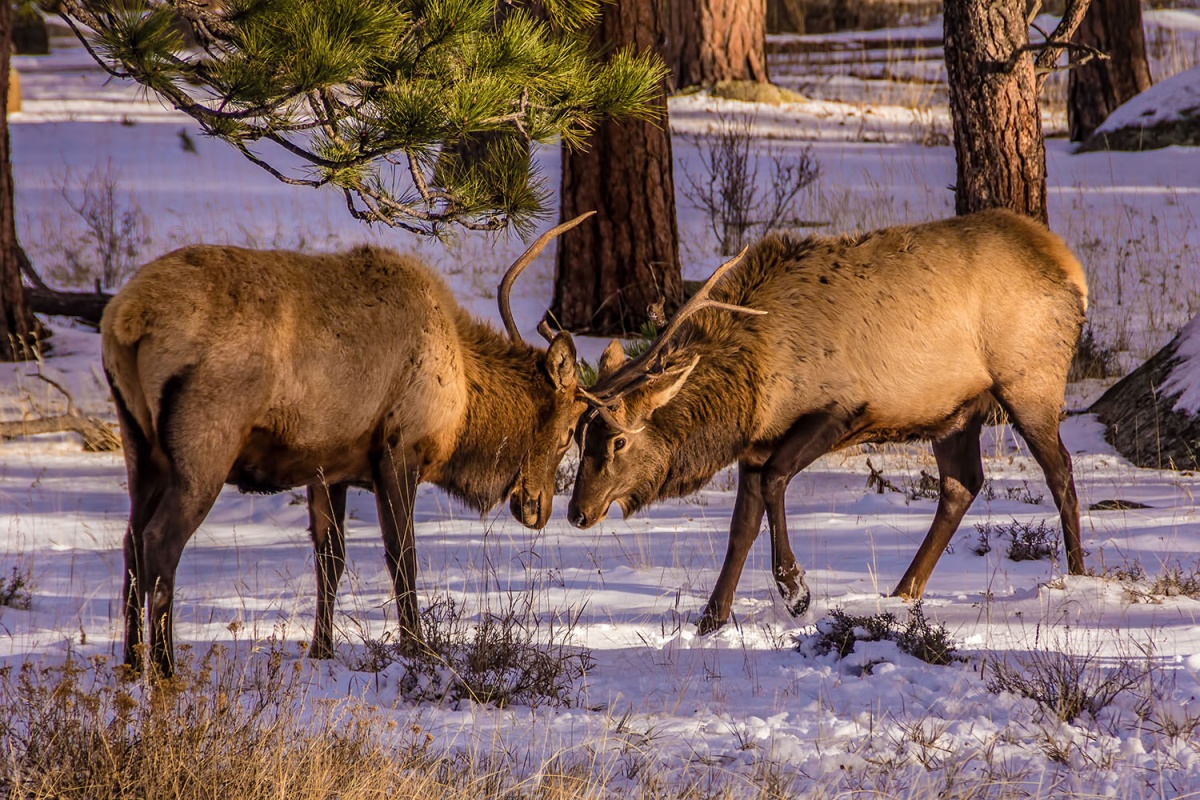
7. While most people visit Rocky Mountain in the summer, winter holds its own magic. When you visit in the off season, you can trek through a silent forest full of fresh, white snow or explore the park’s many beautiful lakes, now covered in sheets of richly colored ice. Snowshoeing, cross-country skiing and sledding are great ways to experience all that the park has to offer in winter. For the experienced and well-prepared, Rocky’s steep terrain provides many opportunities for backcountry skiers and snowboarders.
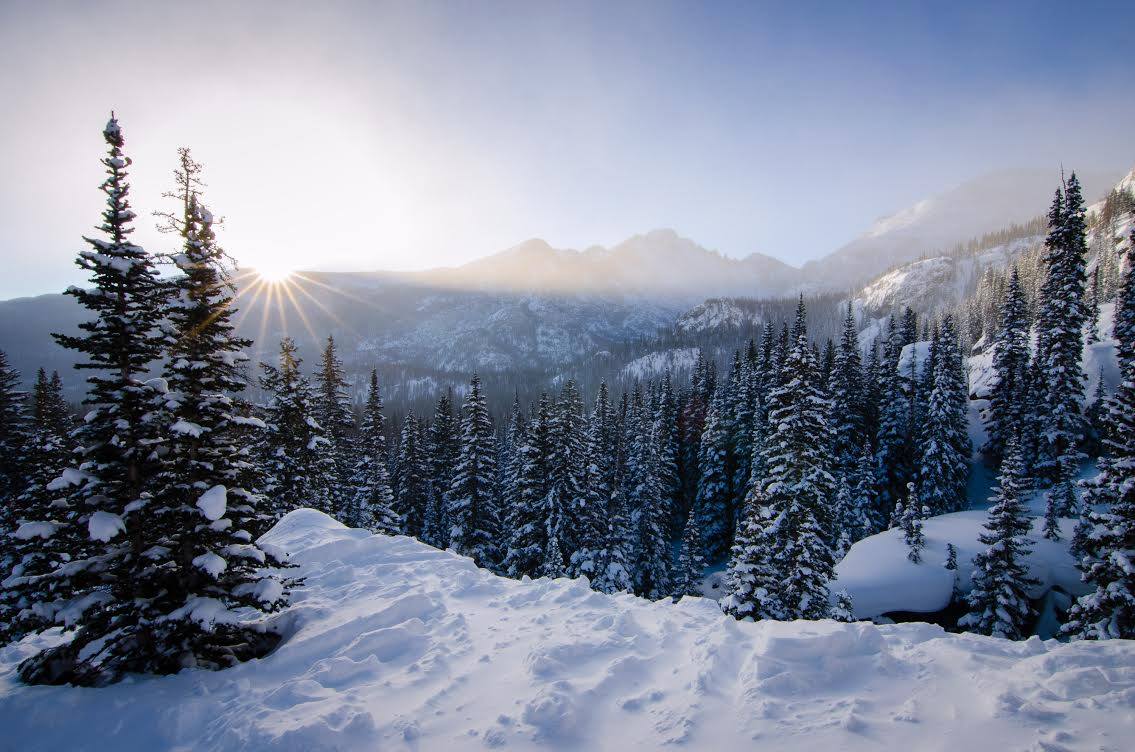
Do your part to help protect this special place, and take the #RockyPledge.




